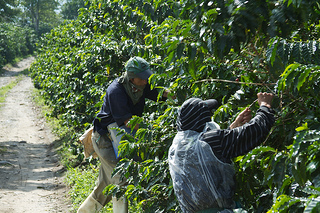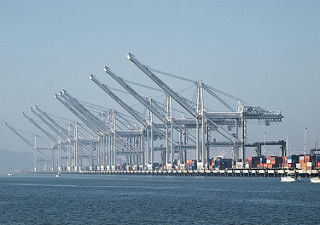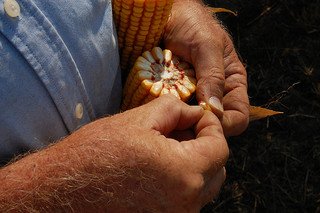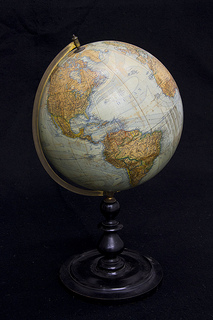Trouble Brews for Brazilian Coffee Exporters

The cost of coffee, including by-the-cup and grocery store bag sales, is expected to rise in cities all over the world due to a coffee manufacturing shortage related to drought in Brazil, exporter of one-third of the world’s coffee supply.
This article is for Premium Members only. Please login below to read the rest of this article.
Not a Premium Member yet? Become one today.
[login_form redirect=’https://www.procurementbulletin.com/trouble-brews-for-brazilian-coffee-exporters’]
[show_to accesslevel=’Premium Members’]
Bloomberg News reports, “The global harvest, which includes the robusta variety, will fall short of demand by 11 million bags, Winterthur, Switzerland-based Volcafe estimates. That would mean a world deficit about the size of production in Colombia, the second-largest supplier of the premium arabica beans, which are favored by Starbucks Corp. A bag weighs 60 kilograms, or 132 pounds.”
However, the shortage doesn’t stop there. The drought could significantly impact the availability and cost of future coffee exports as well, according to Comexim – a coffee exporter.
Reuters notes, “Analysts are saying the drought will likely cause significant damage to beans meant to be harvested in 2015, meaning stocks could be further pressured in future years.”
Overall, economists expect a 35 percent jump for coffee prices in 2014 alone.
Brazilian coffee isn’t the only Latin American crop affected in the recent past by devastating droughts and other inclement weather, and other issues threaten coffee crops, as well. Analysts claim environmental changes that impact the Central American coffee bean are a direct result of global climate change.
For example, according to the Latin Times, “Originally from east Africa, the coffee rust fungus cannot survive in temperatures below 10 C, which means coffee fields located 1,300 meters or higher were immune. But as of the last three years, courtesy of climate change, the infection has been making its way into most of Central America’s coffee fields and this has led to a 30 percent reduction in coffee production. In fact, Oxfam has even cited coffee to be one of the crops that will be directly affected by climate change.” [/show_to]







